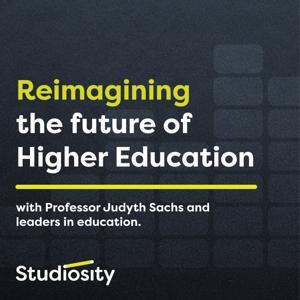
Sign up to save your podcasts
Or



By HEDx



The podcast currently has 203 episodes available.










The podcast currently has 203 episodes available.

9,772 Listeners

2,549 Listeners

817 Listeners

664 Listeners

88 Listeners

8,858 Listeners

889 Listeners

319 Listeners

149 Listeners

127 Listeners

5,122 Listeners

5,544 Listeners

15,837 Listeners

20,787 Listeners

0 Listeners